Focus Areas
Transform Reproductive Health Service Delivery
DKT works with providers in clinics and hospitals to expand uptake of reproductive healthcare. DKT operates our own clinics and supports networks of clinics in many countries, including India, Pakistan, and Mozambique.
The same principles that inform our approach to contraceptive social marketing extend to clinical service delivery: care should be affordable, high-quality, and client-centered.
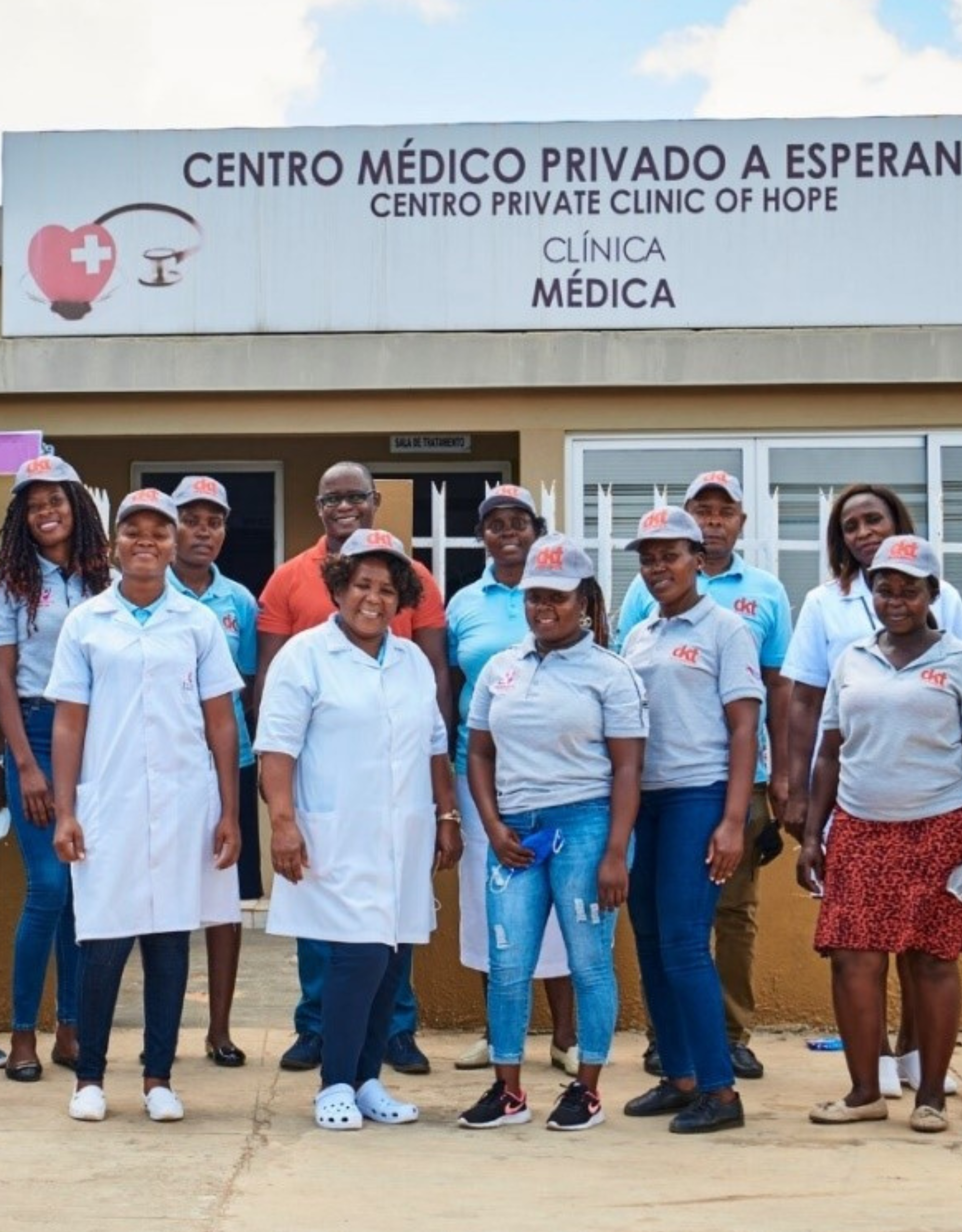
Affordable
Clinics owned or supplied by DKT benefit from our affordable reproductive health products. DKT encourages entrepreneurialism among clinicians, but promotes transparent pricing through published price lists for products and services, where possible.
High-Quality
DKT provides high-quality products to clinics and finds creative ways to advertise them through mass media, signage, and branding, which generate business for providers. Providers also receive capacity building and business skills training to improve the quality of care they can provide.
Client-Centered
DKT respects individual patient preferences and needs. To put these values into practice, we equip providers with products and information they need to support their patients in choosing the type of care that meets their needs.
Empowerment through
Clinical Service Provision
Millions of people avail of a DKT product through a pharmacy, drug shop, or supermarket each year, while others prefer to obtain care or desire a method that can only be provided at a clinic or hospital. This includes long-acting reversible contraception, such as IUDs and implants, and certain types of abortion care (including miscarriage management).
DKT works with doctors, midwives, and nurses to provide high-quality care.
Explore our approaches to clinical service provision
Clinic Networks
We work with providers to offer products and services that are standardized and promoted by DKT. Our clinic networks are not owned by DKT, but operators benefit from clinic branding, access to high-quality products, and advertising that generates demand for services, while DKT benefits from the mutually-beneficial relationship with the operator. DKT launched our first clinic network in India in 1996 to address significant demand for contraception in some of the country’s poorest states: Bihar, Jharkhand, Madhya Pradesh, and Uttar Pradesh. DKT also works with clinic networks in Indonesia, Mozambique, and Pakistan.
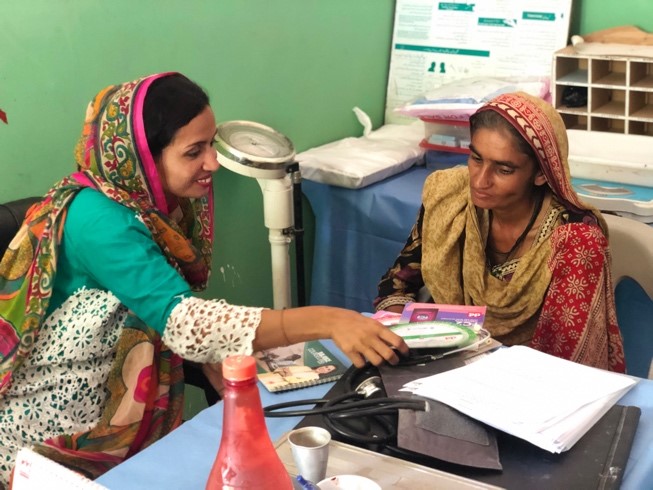
Mobile Clinics
DKT operates mobile clinics as a means of reaching some of the most vulnerable populations. Mobile clinics address unique service delivery barriers, including long distances to clinics that prohibit access to services, by bringing outfitted vans to gathering places in remote communities in countries like Mozambique and the Philippines. Clients can access counseling and contraception through the mobile clinics, including IUDs and implants in Mozambique and tubal ligations in the Philippines. Products and services are typically provided free of charge in partnership with governments and ministries of health.
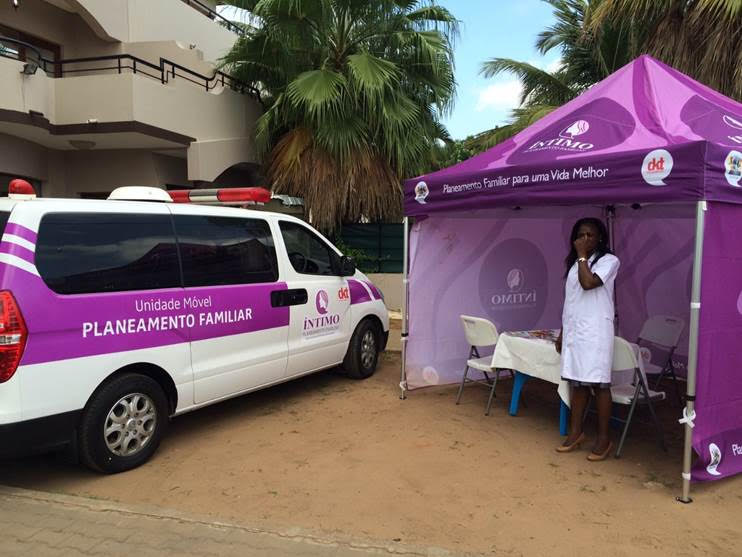
Partner Clinics
DKT programs are increasingly identifying partnership opportunities with providers that preserve the independent image of clinics while promoting some of the mutual benefits of a network, including reliable access to affordable, high-quality products and demand generation activities. In countries like Ghana, Nigeria, and the Democratic Republic of the Congo (DRC), DKT has established networks of trusted partner clinics that have undergone intensive capacity building to which DKT can refer clients. Where possible, DKT influences pricing by distributing promotional materials that reference a recommended price.
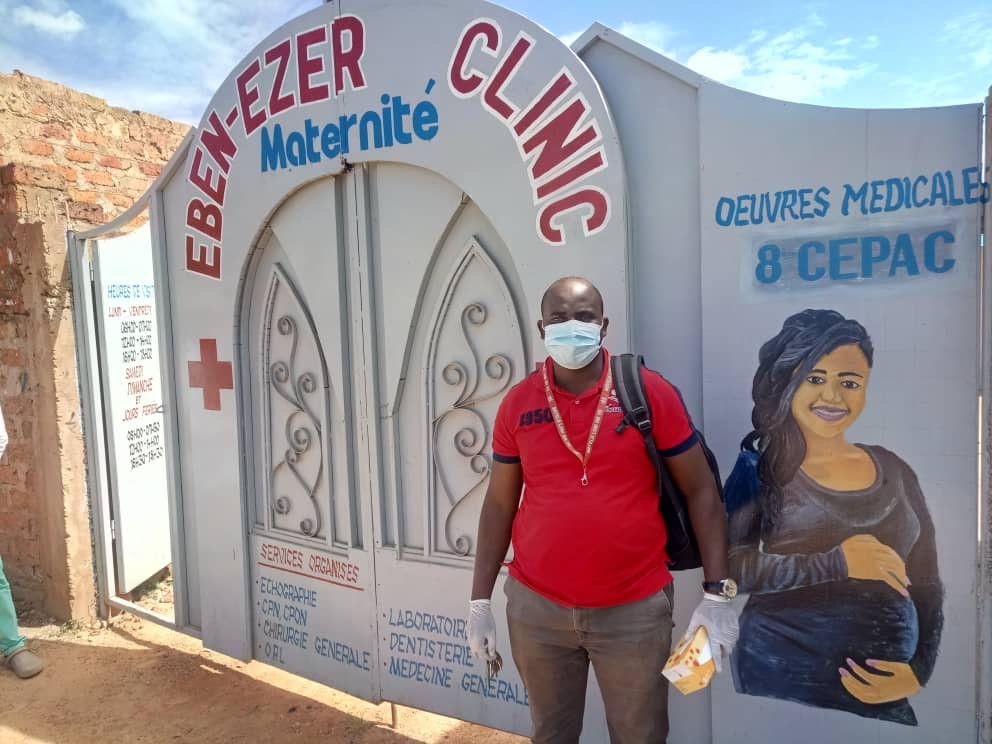
Expand Healthcare Outside of Clinics
DKT recognizes that traditional, facility-based approaches to healthcare do not work for all our clients. In addition to supporting clients via clinics and hospitals, DKT harnesses the power of the private sector to expand access to reproductive health through pharmacies—outlets that are preferred among young people in many countries for their convenience, short wait times, and relative anonymity—where most of our products can be procured, including oral contraceptive pills, emergency contraceptive pills, condoms, and even injectables in some countries.
Some clients prefer to receive information—and even products—from a trusted member of the community. In the Democratic Republic of the Congo, DKT partners with community health workers and nurses to deliver personalized contraceptive services to prospective clients. Known as “the Bees,” the health workers go door to door to provide counseling and short-term contraceptive methods to women in their homes, their place of business, or other community settings. This approach addresses barriers many face to seeking care at health facilities.
DKT also leverages the internet to meet consumers of products and information where they are. Where permitted, this includes assisting individuals through early pregnancy termination and early pregnancy loss (miscarriage) with access to medication abortion, de-medicalized information on its use, and supportive testimonials.





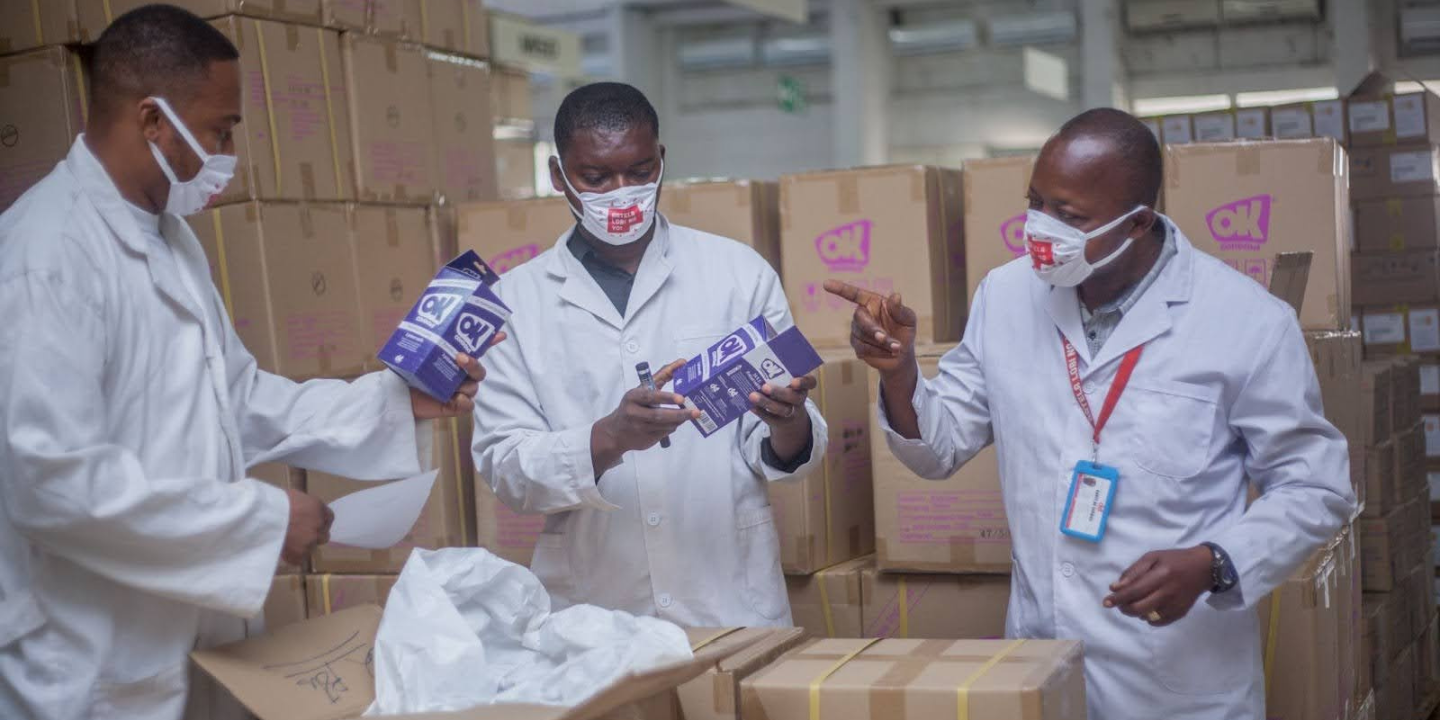
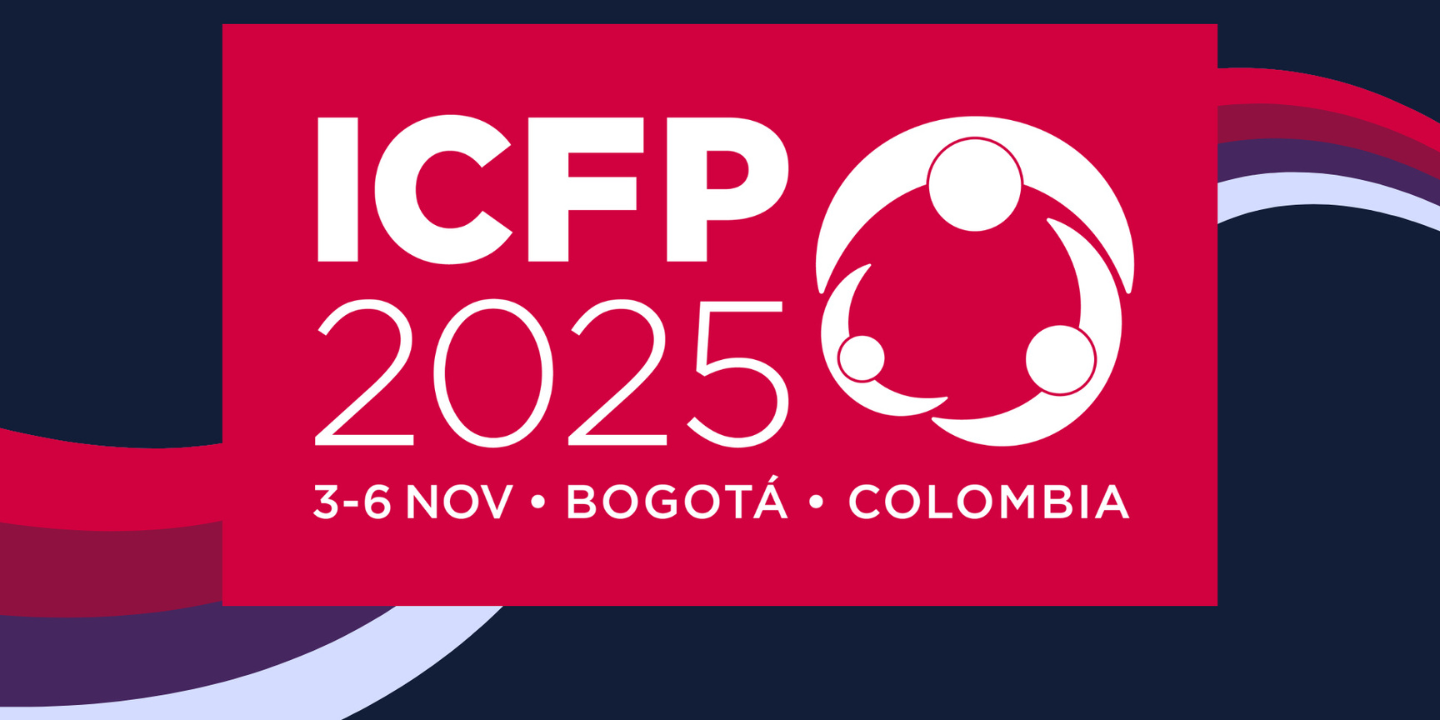
Where are all the families in family planning? Time to refresh the brand